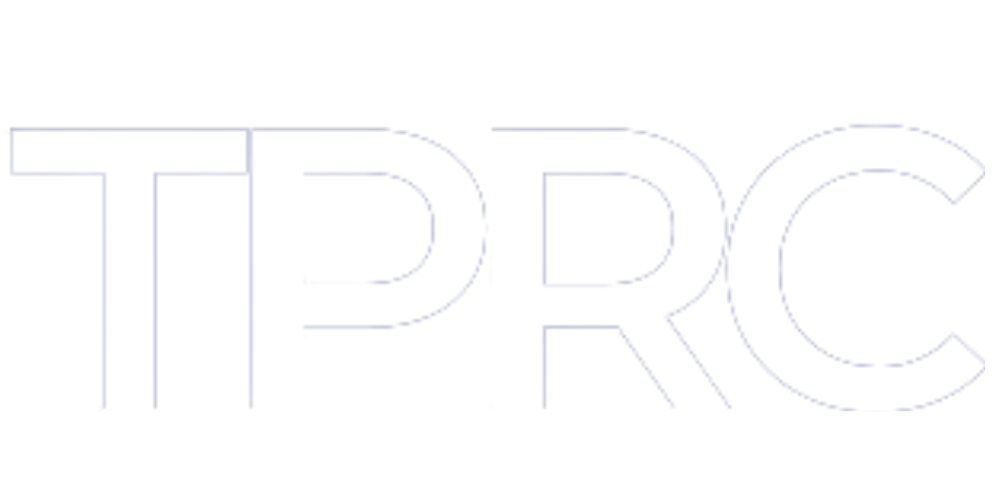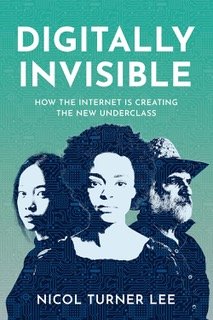TPRC52 Book Talk
As a new feature on the TPRC program, a book talk will be held on Friday, September 20 at 5:30pm. You will not want to miss this opportunity to meet with these authors and hear about their newly released books.
Digital Capabilities
ICT Adoption in Marginalized Communities in Israel and the West Bank
Amit Schejter, Baruch Shomron, Muhammad Abu Jafar, Ghalia Abu Kab, Jonathan Mendels, Shula Mola, Malka Shacham, Ameneh Al Sharha, and Noam Triosh
Digital Capabilities is a first-of-its-kind exploration of the capabilities that communities in positions of inequality in Israel and the West Bank seek to realize by utilizing information and communication technologies (ICT), the opportunities they have to communicate, and the way ICTs serve their desire to do so. It is the outcome of an eight-year research project in which the nine authors of this book, some of whom came from within the studied communities, conducted their work among the studied populations over an extended period of time. The capabilities approach, much discussed theoretically, takes on a life in this project and is presented as an empirically observable phenomenon for assessing whether ICTs are serving actual needs, whether communication resources are justly allocated and distributed and whether they serve the goal of a universally accessible right to communicate.
Digitally Invisible
How the Internet Is Creating the New Underclass
Nicol Turner Lee
President Joe Biden has repeatedly said that the United States would close the digital divide under his leadership. However, the divide still affects people and communities across the country. The complex and persistent reality is that millions of residents live in digital deserts, and many more face disproportionate difficulties when it comes to getting and staying online, especially people of color, seniors, rural residents, and farmers in remote areas.
Economic and health disparities are worsening in rural communities without available internet access. Students living in urban digital deserts with little technology exposure are ill prepared to compete for emerging occupations. Even seniors struggle to navigate the aging process without access to online information and remote care.
In this book, Nicol Turner Lee, a leading expert on the American digital divide, uses personal stories from individuals around the country to show how the emerging digital underclass is navigating the spiraling online economy, while sharing their joys and hopes for an equitable and just future.
Turner Lee argues that achieving digital equity is crucial for the future of America’s global competitiveness and requires radical responses to offset the unintended consequences of increasing digitization. In the end, Digitally Invisible proposes a pathway to more equitable access to existing and emerging technologies, while encouraging readers to weigh in on this shared goal.
AI-Video
Eli Noam
Reweaving the Web
Richard Whitt
What exactly is wrong with the World Wide Web?
Since its inception in the mid-90s, the Web has allowed billions of people globally to connect, share information, do business, and be entertained. While online platform companies like Facebook have used the Web to provide useful services like social media, their true focus is on surveilling us, extracting and analyzing our personal data, and manipulating our behaviors. The result? A trustless online environment filled with creepy ads, misinformation, pernicious bots, and more. What, if anything, can be done to weave a new Web?
In this ground-breaking book, Richard Whitt, former longtime policy attorney at Google, describes what our digital future could look like—and crucially how we can get there from here. His carefully researched analysis shows how a new profession of Net fiduciaries can serve each of us under duties of care, good faith, and loyalty. In turn, these trustworthy entities can arm us with advanced “edgetech,” like authentic personal AI agents, which can protect, enhance, and promote our best interests, both online and offline.
This hopeful scenario need not be science fiction. Reweaving the Web lays out concrete steps that each of us can take to make that promising future a reality.




